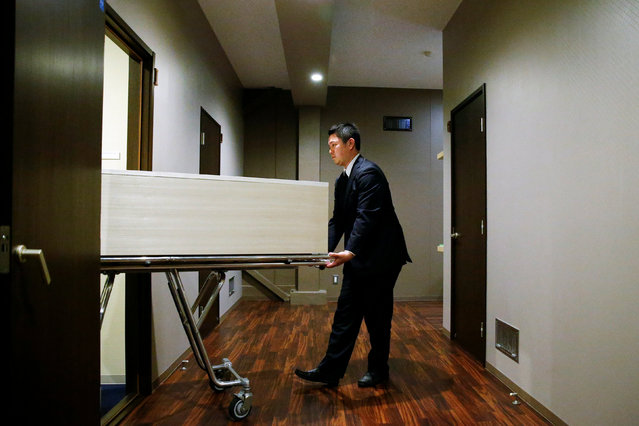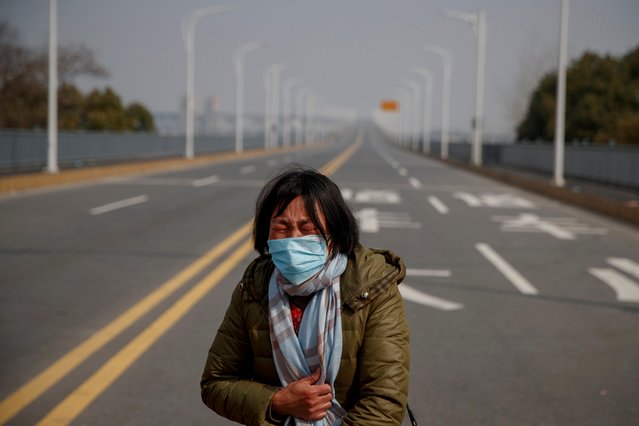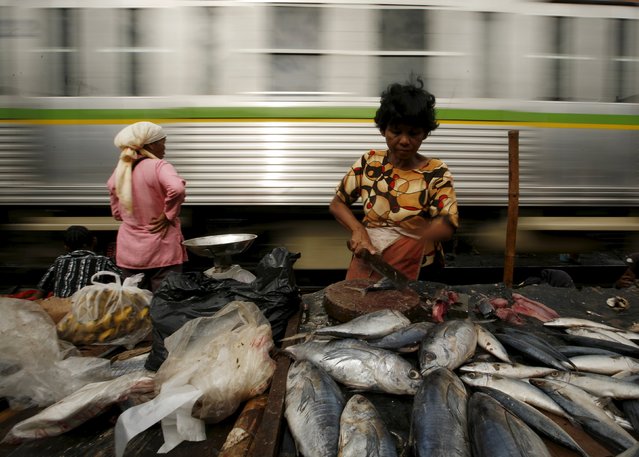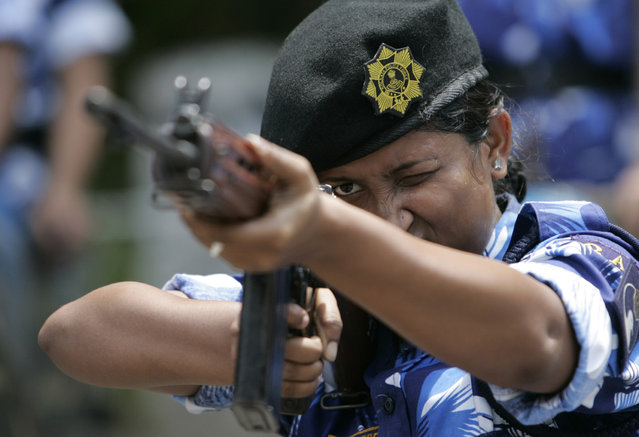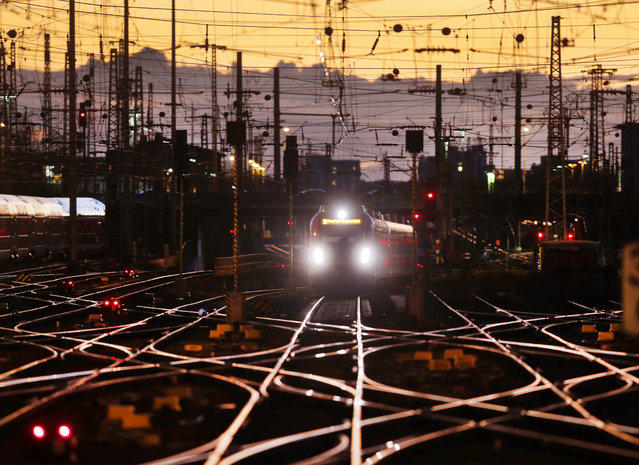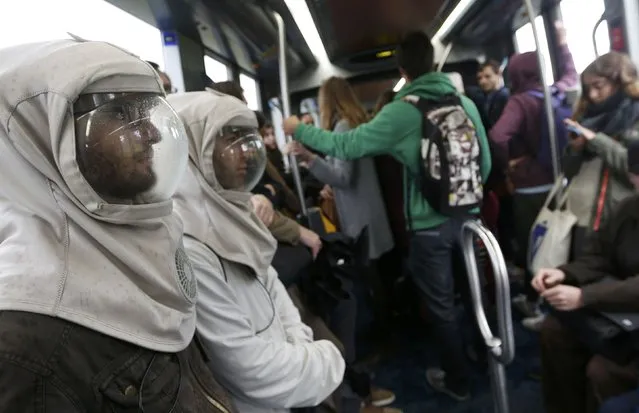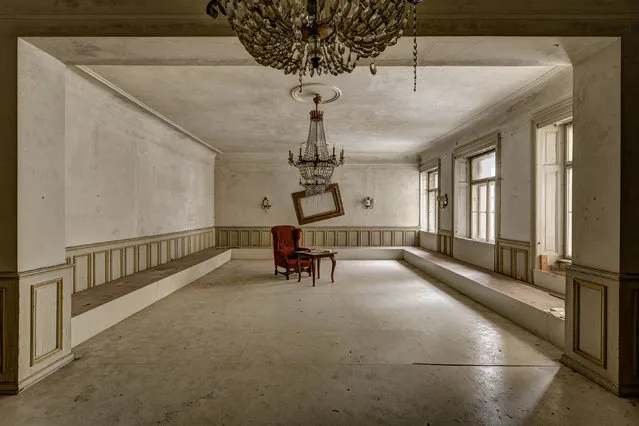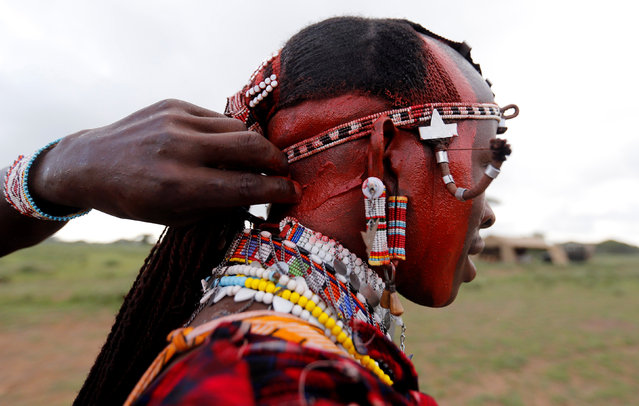
A Maasai moran athlete has his face smeared with red ocher paint during preparations for the 2016 Maasai Olympics at the Sidai Oleng Wildlife Sanctuary, at the base of Mt. Kilimanjaro, near the Kenya-Tanzania border in Kimana, Kajiado, Kenya December 10, 2016. (Photo by Thomas Mukoya/Reuters)
12 Dec 2016 10:15:00,post received
0 comments

